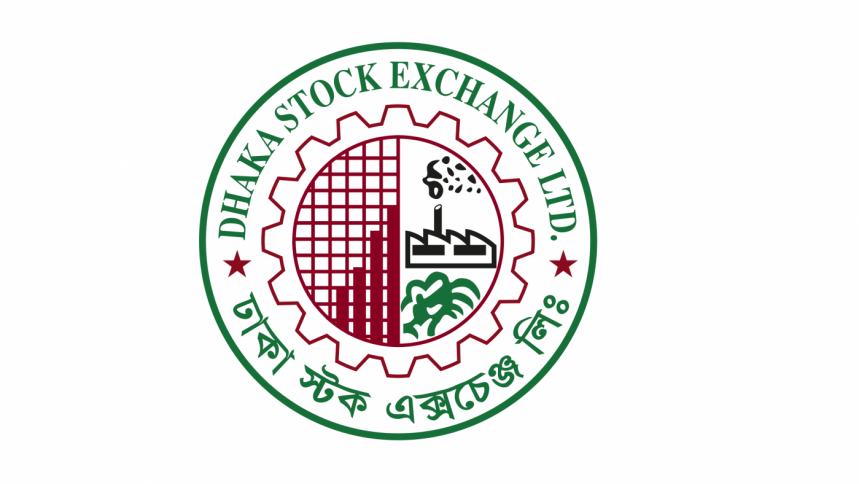This happened to be the biggest single-day normal transaction since December 6, 2010, when the turnover hit a record Tk 2,710 crore.
The bull run at the Dhaka Stock Exchange (DSE) continues, with turnover yesterday crossing the Tk 2,100 crore-mark for the first time in ten years, if the Tk 2,000 crore block transaction for Unilever’s purchase of GSK Bangladesh is excluded.
A sign of the level of bustle in the bourse, the turnover stood at Tk 2,193 crore, up 13 per cent from the previous day.
This happened to be the biggest single-day normal transaction since December 6, 2010, when the turnover hit a record Tk 2,710 crore.
On June 28, 2019, turnover stood at Tk 2,543 crore as Unilever shelled out Tk 2,020.45 crore to purchase 82 per cent stakes of GSK Bangladesh on the block market.
Given the positive moves the stock market regulator has taken in recent months to safeguard the interests of retail investors, the general public is now considering the bourse as an option to parking their funds in the face of low interest on bank deposits, according to brokerage houses.
As of November last year, the weighted average interest rate on deposits of banks stood at 4.6 per cent, in contrast to 5.7 per cent a year earlier.
In 2020, Bangladesh’s capital market yielded returns of 21.3 per cent, the highest among the bourses of Asia's emerging economies, according to LankaBangla Securities.
Meanwhile, DSEX, the key index of the Dhaka Stock Exchange, gained 33.4 points to settle at 5,652.3.
The bourse observed volatility as the embargo on AstraZeneca vaccine news spooked investors confidence on the trading bourse, said EBL Securities in its daily market commentary.
Beximco was the top traded stock, followed by Beximco Pharma and LankaBangla Finance.
Among the traded issues, 157 gained, 142 declined and 63 remained unchanged.
















